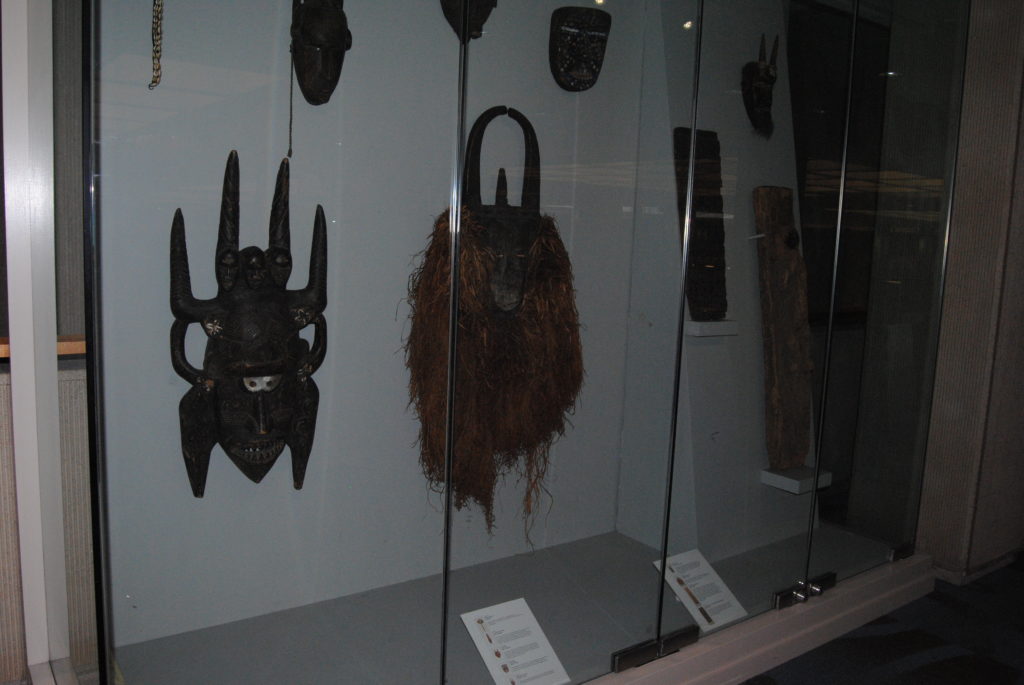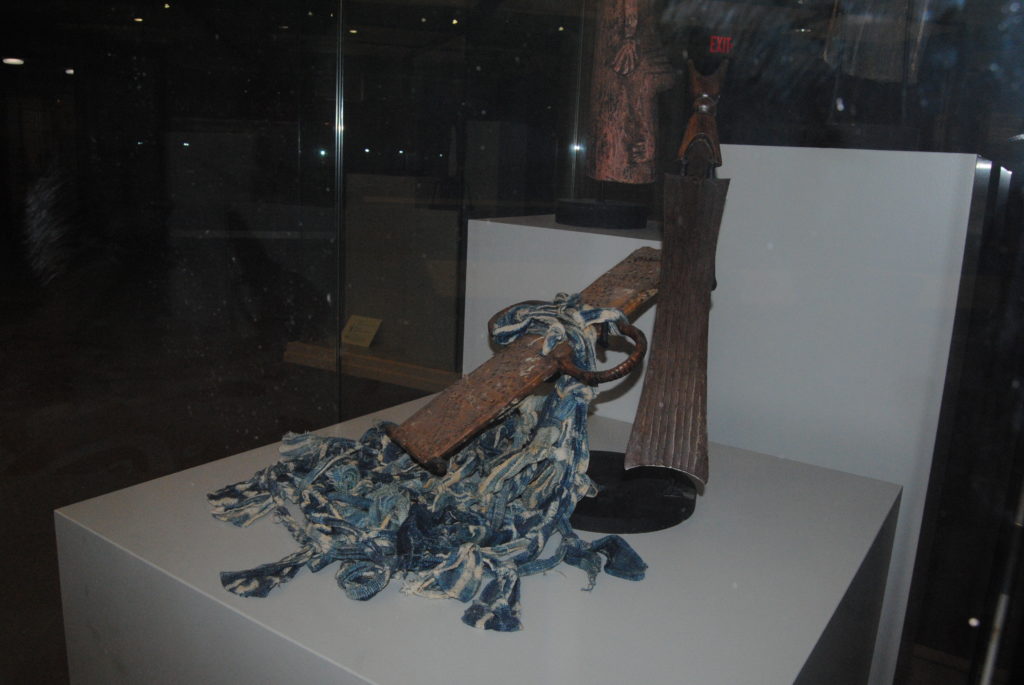“Africa is a continent, not a country,” was a point heavily emphasized during Sinclair’s International Committee’s “Understanding Africa” presentation. The issues that may be evident in one country should not be generalized as the whole continent.
This event that took place on Sept. 19 focused heavily on the misconceptions about Africa. We all started in groups discussing what we knew, or better yet thought we knew, about the continent. It ended with a panel consisting of Emmanuel Banda, Rose Lokwang, Najat Baji, Britney Haddon and Abdur-Raheem Inkosi-Shabazz with Dr. Katherine Rowell as the moderator.
Each person on the panel was either from Africa or has strong roots to the continent. As stated at the end of the presentation, when speaking in terms of evolution, we all came from Africa, really!
Africa is made up of 54 countries and there are over 2000 languages spoken throughout with Arabic being the most common. It has a lot of indigenous languages and Africa is known to be the most diverse continent.
Africa is often portrayed as being a very poor and needy place. While it is true that there is poverty found in Africa, the toxic-charity portrayal that begs for money using images of hopeless “African children” is not how the continent should be viewed. It is common for people to often highlight the bad and ignore the good.

Banda spoke of how parts of Africa are rich in terms of their natural resources. What often happens is that other countries come and extract those resources for their own use but do not return the profit.
He stressed that when broadening one’s learning, it is important to be critical of information because not everything portrayed is true. When looking from a distance, people often do not have accurate information.
In line with what Banda had to say, Dr. Rowell made the point that now is a time where it is very important to “listen more than we talk.” This is especially valuable when coming from a place of privilege. The more one understands about someone or somewhere, the more one may be able to help, if that is the goal.
Lokwang suggested that when a question arises, specifically about a certain continent or country, it is best to seek out someone part of whatever that culture may be before simply turning to Google. While it will require more effort, it will bring about an answer of higher quality.
Baji is from Morocco. When she was living in Morocco, she thought that Western Sahara was part of Morocco. It wasn’t until she was at the border that she found out they were different. Even though she was living there and was experiencing it first hand, her perception was still swayed by propaganda.
There is always going to be propaganda and agenda which is why seeking out many resources is always the best idea.

Haddon is from South Africa and she is in America to get an education. She wants to be able to go back home with more skills and more information in order to give back to her country. She spoke of how culture is instilled at a young age and part of that culture is the Ubuntu philosophy that “I am as you are.”
She said that one of the difficulties in adjusting to the American way of life is the general nature of the people. America is very individualistic and we are taught to care strongly for ourselves and put our struggles before others. Haddon believes it would be valuable if people learned to embrace each other.
Inkosi-Shabazz spoke about how he was not born in Africa but he has recently been interested in tracing down his roots in order to become closer to the country that he feels to be home. He mentioned the concept of Sankofa, which to him means that “as people, we have to reach back into the past in order to understand where we’re going.”
Related Articles
- African American Studies Short-term certificate at Sinclair
- Permanent African Art Exhibit at Sinclair’s library
Before he became Afrocentric he did not care or know much about Africa. He has now changed his last name to an African last name and plans to naturalize his future family by giving them African names as well. He is currently learning Arabic and Swahili and he concluded the panel by stating that he is a proud African.
Sinclair’s International Committee’s main focus this year is on the continent of Africa meaning that if someone missed this event, there will be many other events for them to attend if they’re interested in learning more.
Hannah Shafer
Reporter

